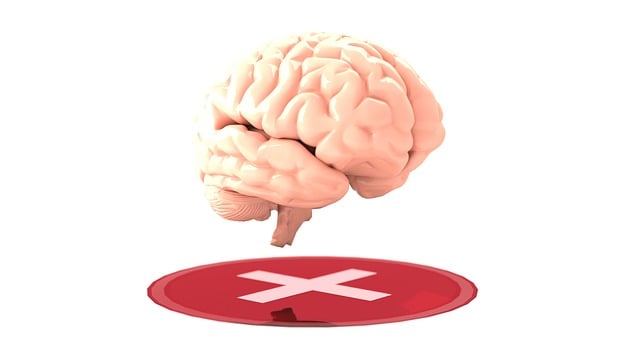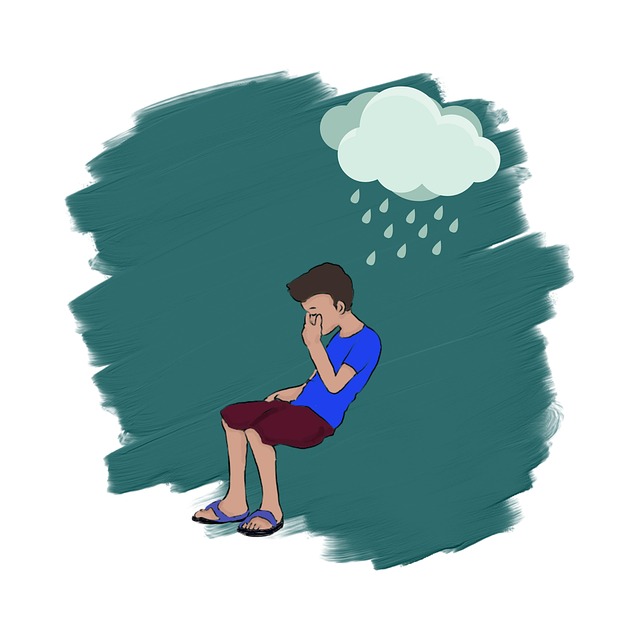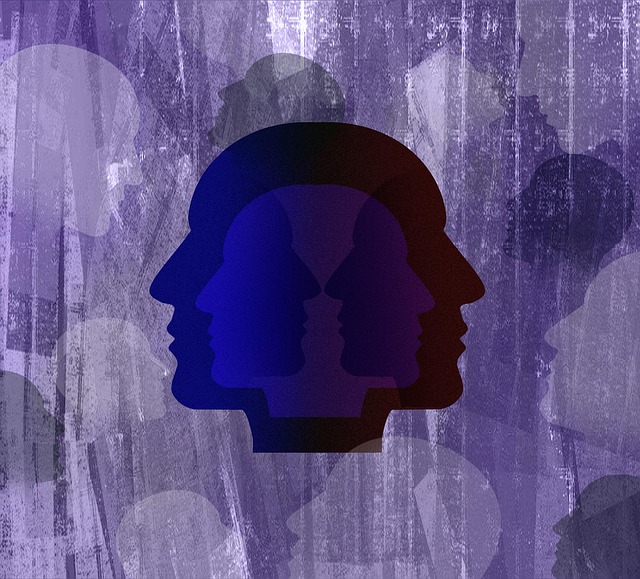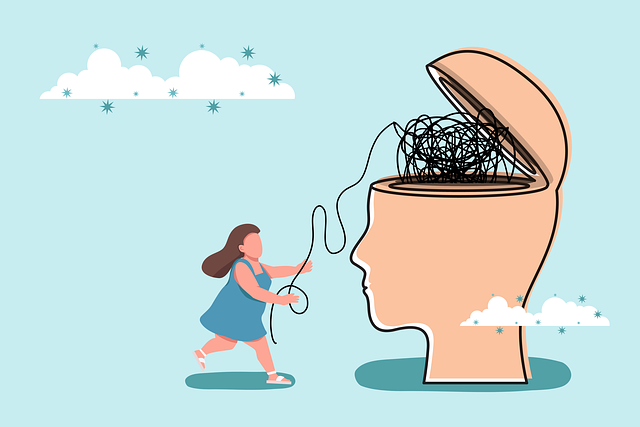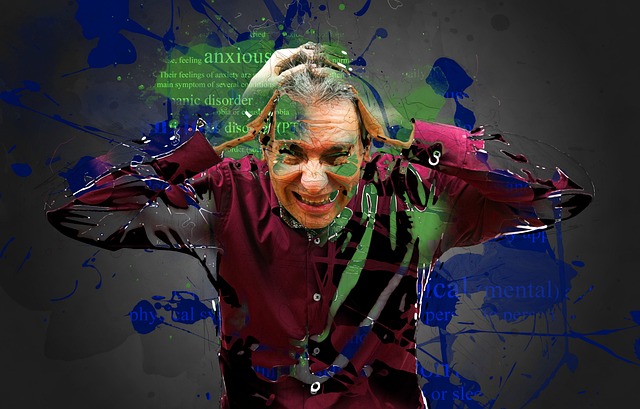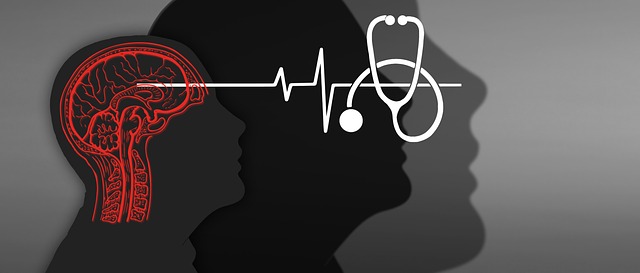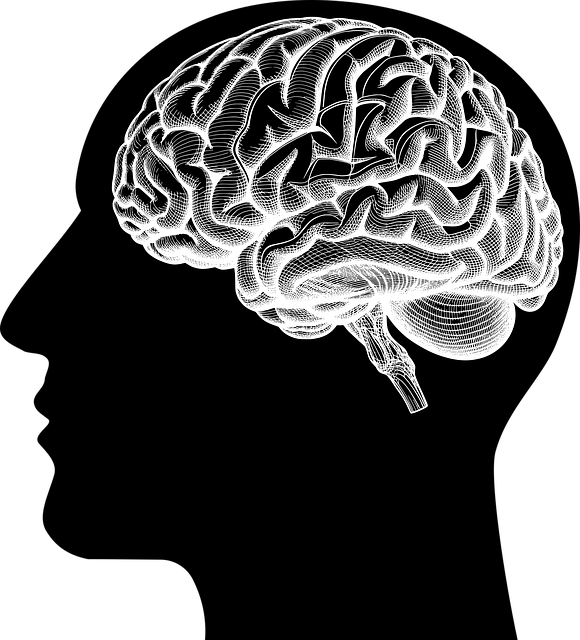Louisville is transforming its mental health landscape with a focus on early intervention, accurate assessment, and holistic approaches. Initiatives like Community Outreach Programs improve diagnostic accessibility, while Louisville Mindfulness Therapy emphasizes self-care routines and open communication. This city's vibrant community engagement aims to dispel stigma and provide quality mental health care. By integrating mindfulness practices, advanced software, and emotional healing techniques, Louisville Mindfulness Therapy enhances diagnosis accuracy, enabling tailored treatments for improved patient outcomes.
Mental illness diagnosis accuracy is a critical issue, especially in urban centers like Louisville. This article explores the current landscape of mental health diagnosis in Louisville, highlighting challenges such as stigma, lack of access to care, and diagnostic barriers. We delve into the transformative power of mindfulness therapy as a holistic approach. Additionally, we review advancements in diagnostic tools and techniques, while offering practical strategies for healthcare providers to enhance accuracy. Louisville Mindfulness Therapy emerges as a promising tool in navigating these complexities.
- Understanding Mental Health Diagnosis: The Current Landscape in Louisville
- Challenges in Diagnosing Mental Illness: Uncovering the Barriers
- Role of Mindfulness Therapy: A Holistic Approach to Diagnosis
- Advancements in Diagnostic Tools and Techniques for Mental Health Professionals
- Enhancing Diagnosis Accuracy: Strategies and Training for Louisville's Healthcare Providers
Understanding Mental Health Diagnosis: The Current Landscape in Louisville

In Louisville, the landscape of mental health diagnosis and understanding is evolving. Currently, there’s a growing recognition of the importance of early intervention and accurate assessment in managing mental wellness. The city has witnessed an increase in initiatives aimed at improving diagnostic accuracy, such as the implementation of Community Outreach Programs that bring mental health services closer to underserved communities. These programs not only enhance accessibility but also foster a more inclusive approach to mental health care.
Louisville Mindfulness Therapy, for instance, is gaining traction as a complementary method, emphasizing self-care routine development for better mental health. This holistic approach encourages individuals to take an active role in their well-being by incorporating mindfulness techniques and promoting open communication about mental health challenges. The city’s vibrant community engagement in these programs underscores a collective effort to dispel stigma and create a supportive environment where residents can access accurate diagnoses and effective treatments.
Challenges in Diagnosing Mental Illness: Uncovering the Barriers

Diagnosing mental illness accurately can be a complex task, often hindered by several factors. One significant challenge lies in the subjective nature of symptoms, which vary greatly from person to person and can overlap with other conditions. This complexity demands a thorough understanding of each individual’s unique experiences and behaviors. Additionally, cultural differences play a crucial role, as mental health concepts and expressions vary across diverse communities, potentially leading to misdiagnosis or underdiagnosis in certain populations.
Another barrier is the high comorbidity rate among mental disorders. Many individuals struggle with multiple conditions simultaneously, such as depression and anxiety, making diagnosis even more intricate. Moreover, burnout prevention strategies for healthcare providers are essential, as fatigue and stress can impact their ability to conduct meticulous assessments. Effective approaches, like Louisville Mindfulness Therapy, which encourages mental wellness journaling exercises, offer tools to enhance self-awareness and communication between patients and providers. By addressing these challenges head-on, we can strive for improved diagnosis accuracy, leading to better-tailored treatments and ultimately, enhanced anxiety relief.
Role of Mindfulness Therapy: A Holistic Approach to Diagnosis

Louisville Mindfulness Therapy offers a holistic approach to mental illness diagnosis, emphasizing the interconnectedness of mind and body. This method goes beyond traditional diagnostic tools by incorporating practices like meditation and mindfulness into therapeutic sessions. By teaching clients to cultivate awareness and present-moment attention, this approach facilitates a deeper understanding of their experiences and symptoms.
The integration of Mind Over Matter principles in Louisville Mindfulness Therapy encourages individuals to actively participate in their healing process. This not only enhances self-awareness but also empowers them to make informed decisions about their mental health. Furthermore, empathy building strategies within this framework allow therapists to connect more profoundly with clients, fostering an environment that is conducive to open communication and accurate risk assessment for mental health professionals.
Advancements in Diagnostic Tools and Techniques for Mental Health Professionals

Mental health professionals are continually enhancing their diagnostic capabilities through innovative tools and techniques, marking a significant step forward in Louisville Mindfulness Therapy. One such advancement is the integration of technology, with specialized software designed to analyze patterns in patient behavior and speech, aiding in more precise diagnoses. These digital solutions complement traditional methods, offering a comprehensive assessment that considers both subjective reports and objective data.
Additionally, recent research emphasizes the power of holistic approaches, integrating practices like mindfulness and emotional healing processes to support self-esteem improvement and emotional well-being promotion techniques. By adopting these advanced strategies, mental health professionals can provide more tailored interventions, ultimately improving diagnostic accuracy and patient outcomes.
Enhancing Diagnosis Accuracy: Strategies and Training for Louisville's Healthcare Providers

Louisville’s healthcare providers are increasingly focusing on enhancing mental illness diagnosis accuracy, a crucial step towards better patient care and outcomes. This involves a multifaceted approach, including advanced training in recognition and assessment techniques, as well as the integration of innovative tools like Louisville Mindfulness Therapy. By promoting Mental Health Awareness, these strategies aim to foster more precise diagnoses, enabling healthcare professionals to tailor interventions effectively.
The training programs emphasize the importance of early detection and symptom differentiation, empowering providers to identify subtle nuances that might otherwise be overlooked. Additionally, they encourage the development of coping skills among both patients and practitioners, fostering a supportive environment that encourages open dialogue and positive thinking. Such initiatives not only improve diagnosis accuracy but also contribute to overall Mental Health Awareness, making it easier for individuals to receive appropriate treatment and support.
Louisville’s mental health diagnosis accuracy can be significantly enhanced through a multi-faceted approach. By combining increased awareness about mental health, improved diagnostic tools, and the integration of mindfulness therapy, healthcare providers can better serve the community. Specifically, focusing on advanced training and adopting holistic practices like mindfulness will ensure more accurate and effective diagnoses for Louisville residents. This, in turn, will lead to better treatment outcomes and a more supportive environment for those facing mental illness. Louisville Mindfulness Therapy has the potential to revolutionize mental health care, making it more accessible and precise.


